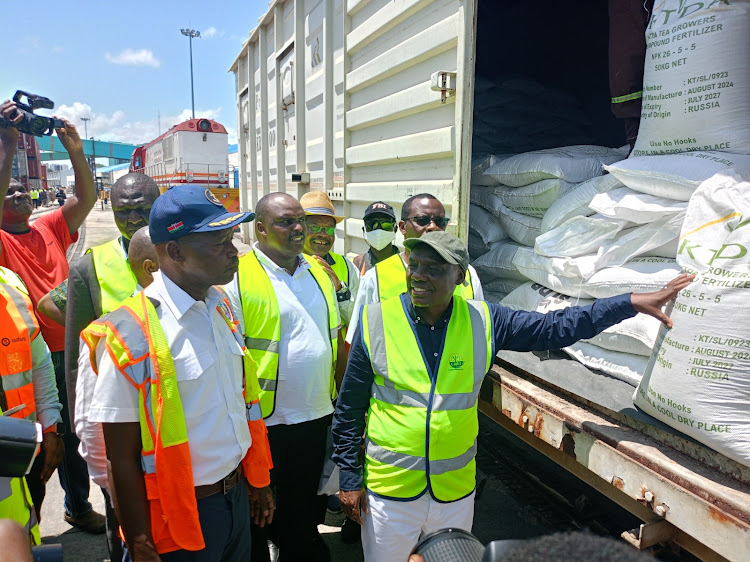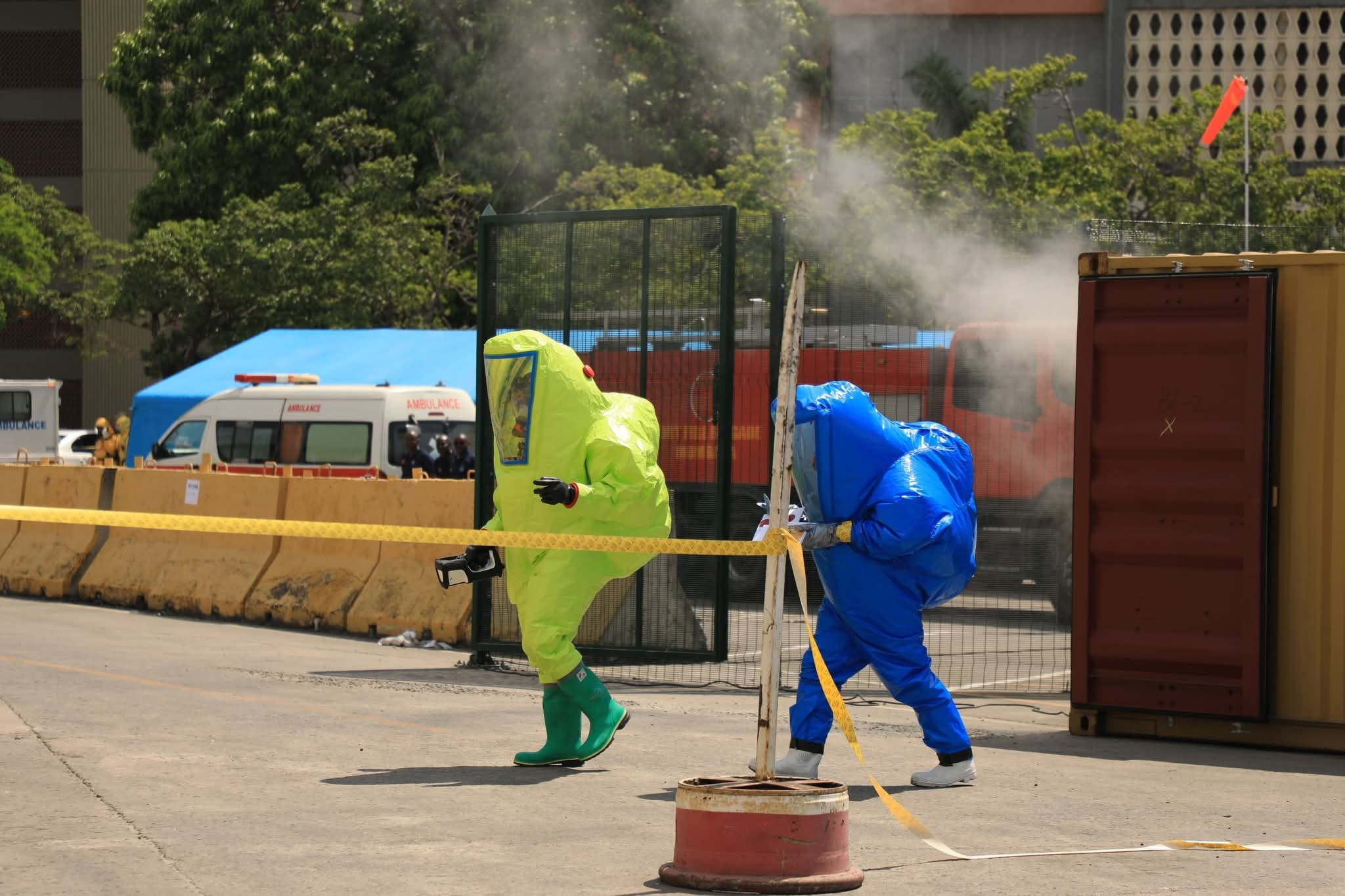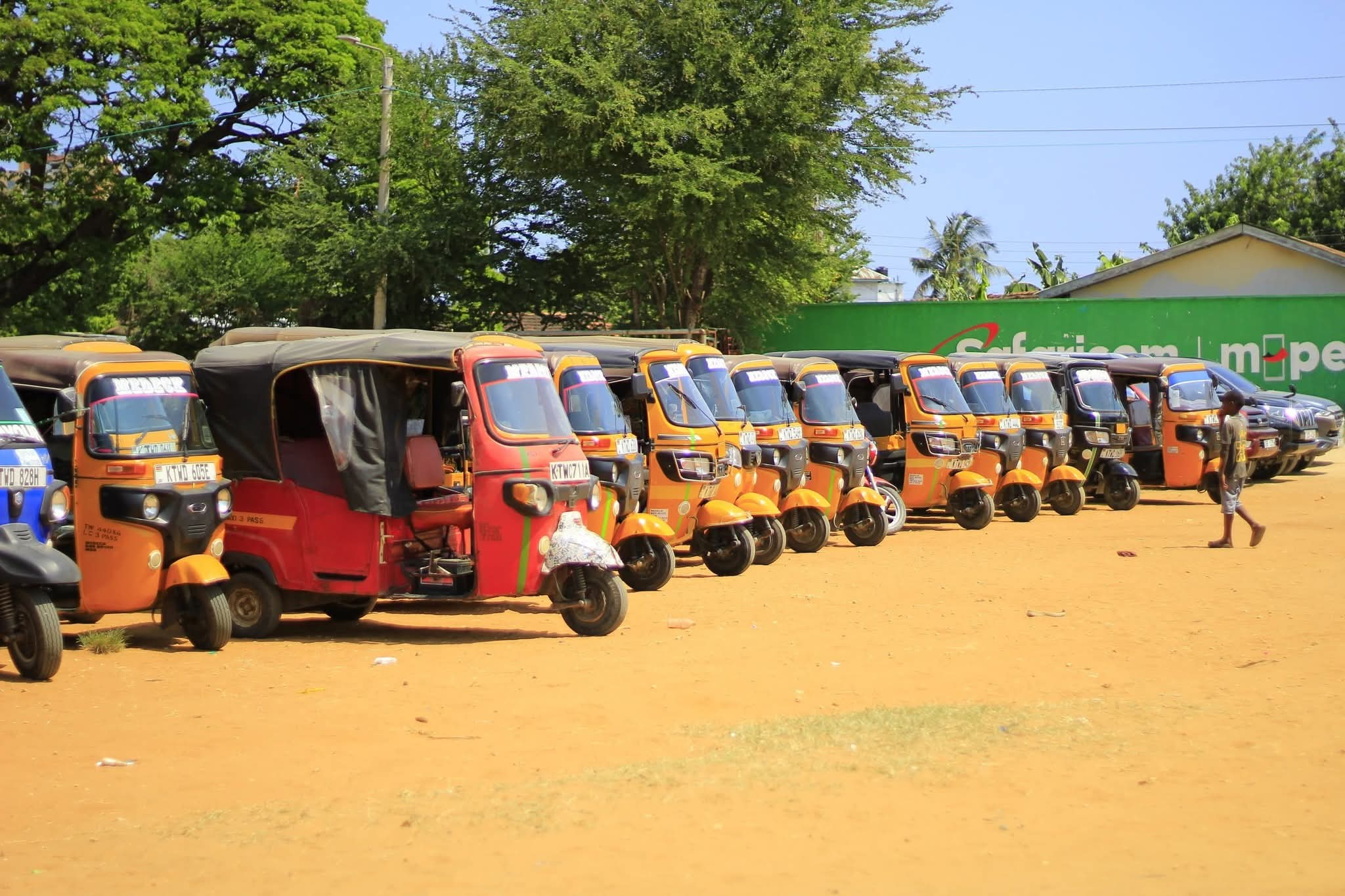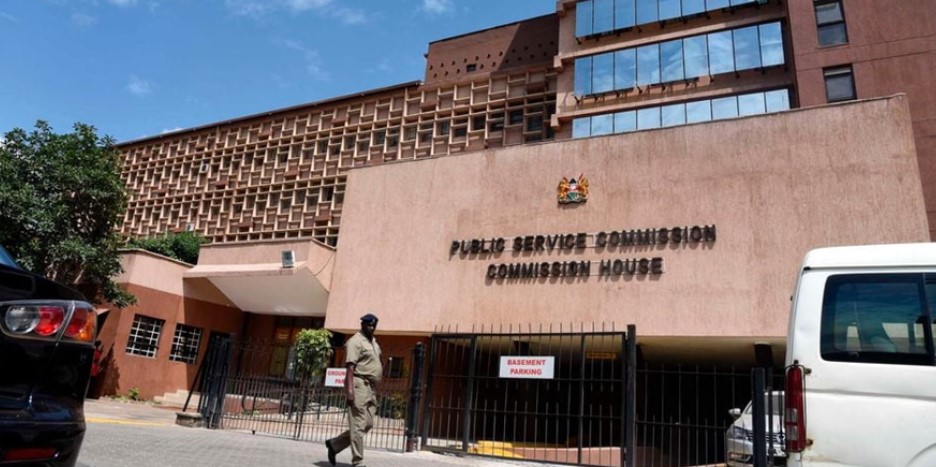Subsidy programme helps cut Kenya's food import costs

Provisional data from the Kenya Revenue Authority and Central Bank of Kenya show food imports fell from a record Sh305.7 billion in 2023.
Kenya's food import bill has fallen for the first time in four years, dropping by 12.87 per cent to Sh266.4 billion in 2024.
The decline is attributed to increased local production of staple crops, such as maize and sugarcane, supported by subsidised farm inputs and improved weather conditions.
More To Read
- Ruto unveils Sh400 billion mega dam plan to turn North and Coast regions into Kenya's new food basket
- KNBS data shows uneven food price shifts as inflation dips slightly
- International Rescue Committee warns millions at risk as drought intensifies across Northern Somalia
- City Hall moves to recognise urban farmers in policy review
- Agrifood SMEs to benefit from new Sh16.4 billion funding programme
- Africa’s food security challenge: G20 calls for boost in trade and sustainable farming solutions
Provisional data from the Kenya Revenue Authority and Central Bank of Kenya show food imports fell from a record Sh305.7 billion in 2023.
Kenya's reliance on imported food had risen sharply due to a prolonged drought, which peaked in 2022, straining food security.
However, improved rainfall and the government's intervention through a fertiliser subsidy programme have helped reverse the trend. Maize imports dropped 54.4 per cent to Sh9.55 billion in 2024 from Sh21.03 billion the previous year.
"Our efforts to secure food security and stability are already bearing fruit. Since February, we have distributed subsidised fertiliser to 6.45 million registered farmers in 45 counties, enabling them to increase their yields," President William Ruto said last November during his annual State of the Nation Address.
"This year we have procured and, through e-vouchers, distributed seven million bags of both planting and top dressing fertiliser to boost food production across the country. This intervention will see a projected increase in maize production to a record of 74 million 90 kg bags [in 2024]".
Sugar imports also fell by 35.5 per cent to Sh33.8 billion from Sh52.4 billion in 2023. The reduction has been linked to reforms in the sugar sector, which expanded local production and reduced dependence on imports from the Common Market for Eastern and Southern Africa (Comesa) trading bloc.
"This success is attributed to subsidised fertiliser for sugarcane farmers, an additional 500,000 acres of land brought under production, and improved management in the sector, which have revitalised production and brought the industry back to life," Ruto said.
High input costs exacerbated the food crisis in 2022, primarily as a result of Russia's war in Ukraine, which disrupted global supply chains.
In response, the government waived import duties for key food items while rolling out a fertiliser subsidy program targeting agricultural counties.
The measures appear to have paid off, with increased local production helping to cut food imports for the first time since 2020.
Top Stories Today













































